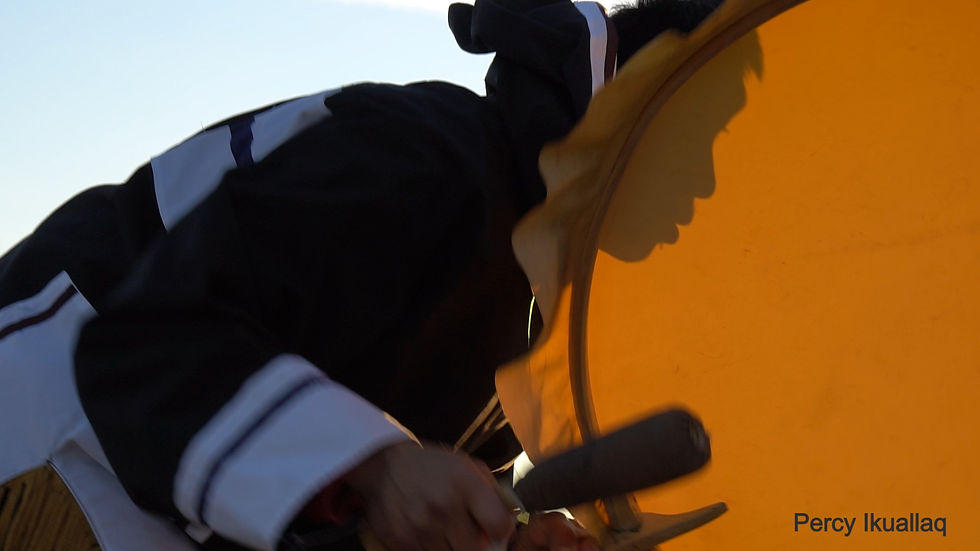Learning a new language
- Saskia de Wildt
- Jan 31, 2020
- 2 min read
'Snow is a good look for Canada.' I contemplate while staring out of the window of the train bringing me back to Kingston from Toronto.

Although it definitely snowed before I went back home for the holidays, it didn't feel as permanent as the white sheets that now lay between the fields and houses of rural Southern Ontario. Maybe this is why some Northern communities have so many different words for snow? I can see how there is need for words that describe 'visiting' snow, 'permanent' snow, 'old' snow. I mean, I made these up, but even my untrained eye feels the difference between the 'show-off-y' November snows and the more 'chilled-out' layer of January snow. So I get the need for different ways to name them.
But there is more 'new language that comes with my return to Canada after spending the holidays back home. There's the language of time; causing me a huge jetlag. The language of personal space; of which I am constantly reminded in public transport. And of course the different languages we speak when moving through a University, a bar or at a friend's home, constantly asking us to translate between different worlds.
This winter semester gives me plenty of space to think about this, as the department has asked me to dig into the topic of research communication for Environmental Studies. How can we 'translate' the research that we're doing into a language that's accessible to a broader public and the communities that we work with?

Ways of knowing
Whenever research communication is discussed it seems to be about translating between different ways of knowing. Robin Wall Kimmerer writes in her book; 'Braiding Sweetgrass' that the root word for 'mind' in Apache shares the same root word for 'ground'. Looking at mycelium roots (left) and the human neural system (right) immediately shows how much sense this makes.
This is a great analogy for how indigenous people understand the world and learn through the land. Much of my research will be about how we can intertwine academic ways of constructing knowledge with such more indigenous land-based ways of knowing.
And if anything, I would recommend you to read this book. It's mind blowing! (pardon the pun)

Polar Updates
And now, for more news on my research: We've received a big funding package last weekend, which means that my first trip up North is scheduled! I am leaving for Coral Harbour, Nunavut in March! Although for me it's mostly an introductory trip to grasp this part of the world and make my first introductions, I will also join in on some community mapping sessions and government meetings. Exciting times and much more to come on this!

Inuktitut
To wrap this little update up, I have decided to learn Inuktitut (Inuit language) to prepare myself for my polar adventures. Yesterday I joined in on my first class. So, feeding from those resources I can now tell you:
Nunavutkunnut pulaariaqtunga. (I am going to Nunavut)
Can't wait... Will keep you updated! Saskia








Comments